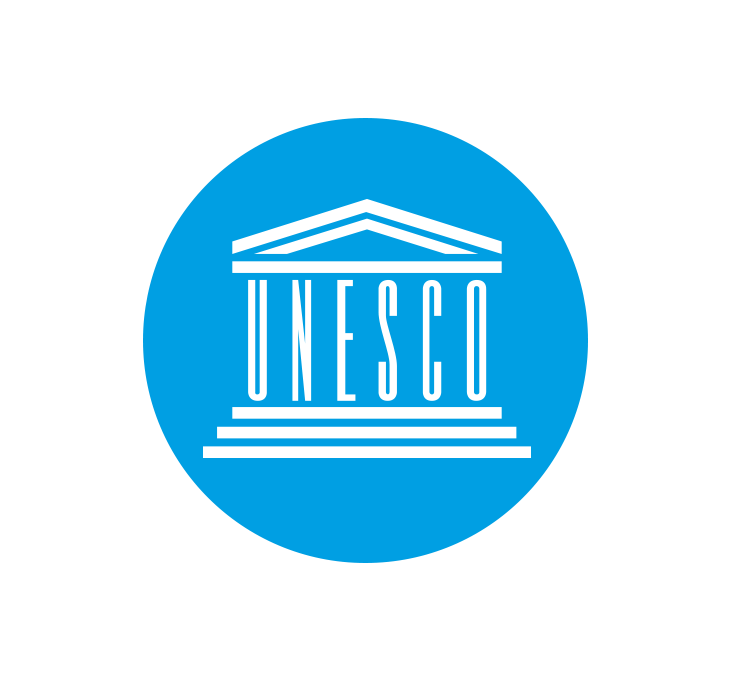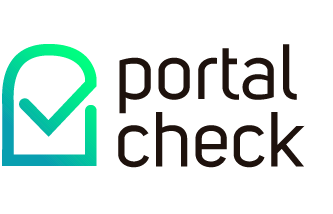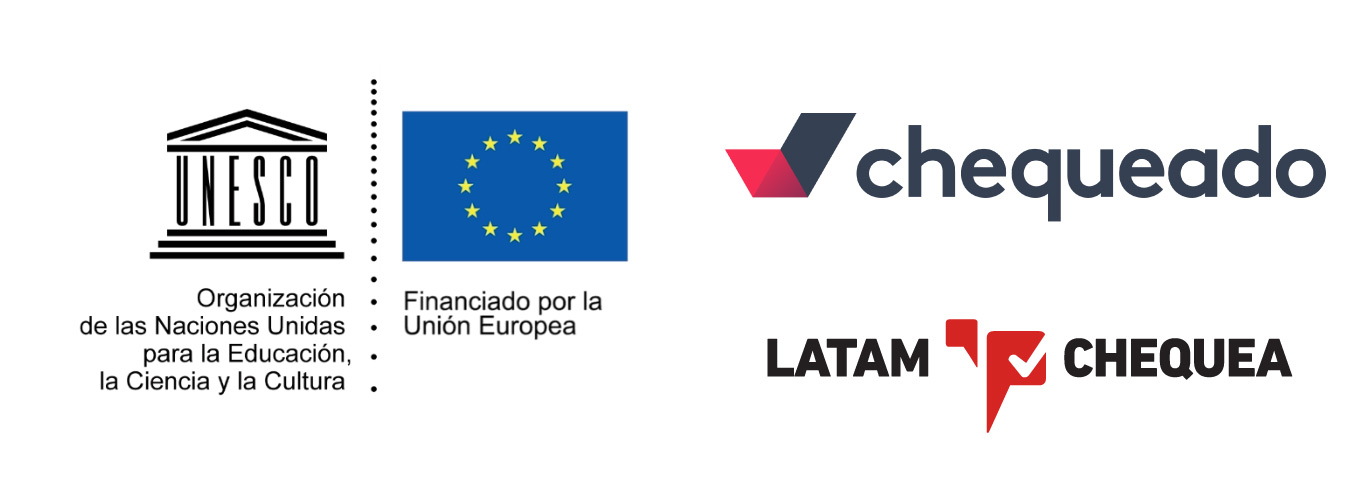
UNESCO works to address causes and consequences of disinformation as part of its mandate to promote the rights to access to information and freedom of expression on any medium and regardless of frontiers. Following the massive wave of disinformation experienced in the wake of the COVID-19 pandemic, many activities are specifically tailored to strengthen citizens’ resilience to health disinformation and disinformation on COVID-19.
UNESCO’s response to disinformation
Research
Policy research, dialogue and recommendations to assist UNESCO Member States to formulate legislative, regulatory and policy responses to counter disinformation at the same time as respecting freedom of expression, access to information and privacy rights.
Monitoring and reporting
Monitoring and reporting of trends and developments in disinformation and related topics in the field of Communication and Information.
Strengthening the media
Strengthening professional and diverse media’s role as fact-checkers for the public by supporting their access to verified information on COVID-19 and building their capacity to report on the pandemic. This includes providing journalists with guidance and training in health reporting, media deontology and safety when covering pandemic.
Strengthening local fact-checking organisations
Strengthening local fact-checking organisations to debunk misinformation
Empowering youth
Empowering youth and other citizens to critically process what they read and hear as part of the fundamental right to seek and receive information through media and information literacy
useful resources
Combating the Disinfodemic: Working for truth in the time of COVID-19
This UNESCO and UNITAR collaboration builds your understanding of the disinfodemic and the role of truth in the time of COVID-19. Access to reliable and accurate information is critical at the best of times, but during a crisis it can be a matter of life and death.
Covering the COVID-19 Vaccine: what journalists need to know
Joint collaboration between the United Nations Educational Scientific and Cultural Organization (UNESCO), the United Nations Development Programme (UNDP), the World Health Organization (WHO), and the Knight Center for Journalism in the Americas at the University of Texas at Austin, co-funded by the European Union
Journalism in a pandemic: Covering COVID-19 now and in the future
A Self-Directed course available in multiple languages to help journalists report on the pandemic. The course was launched by UNESCO and WHO and organized by the Knight Centre for Journalism in the Americas at the University of Texas at Austin with the support of UNDP and the European Union. Over 9000 journalists from 162 countries took the course during its first month run.
Media and Information Literacy (MIL)
Resources including publications for policy makers, teachers and researchers; audio resources free to use for radio stations to counter COVID-19 disinformation; visuals for a social media campaign to counter disinformation on COVID-19 and this video with 10 points to detect disinformation.
Global partnership offers course on journalistic coverage of COVID-19 vaccine
United Nations Educational Scientific and Cultural Organization (UNESCO), the United Nations Development Programme (UNDP), the World Health Organization (WHO), and the Knight Center for Journalism in the Americas at the University of Texas at Austin, and the European Union.

